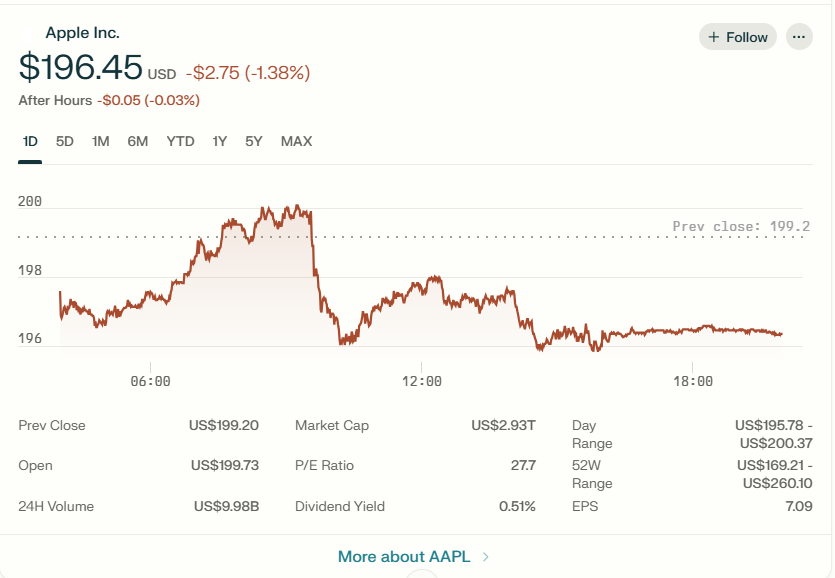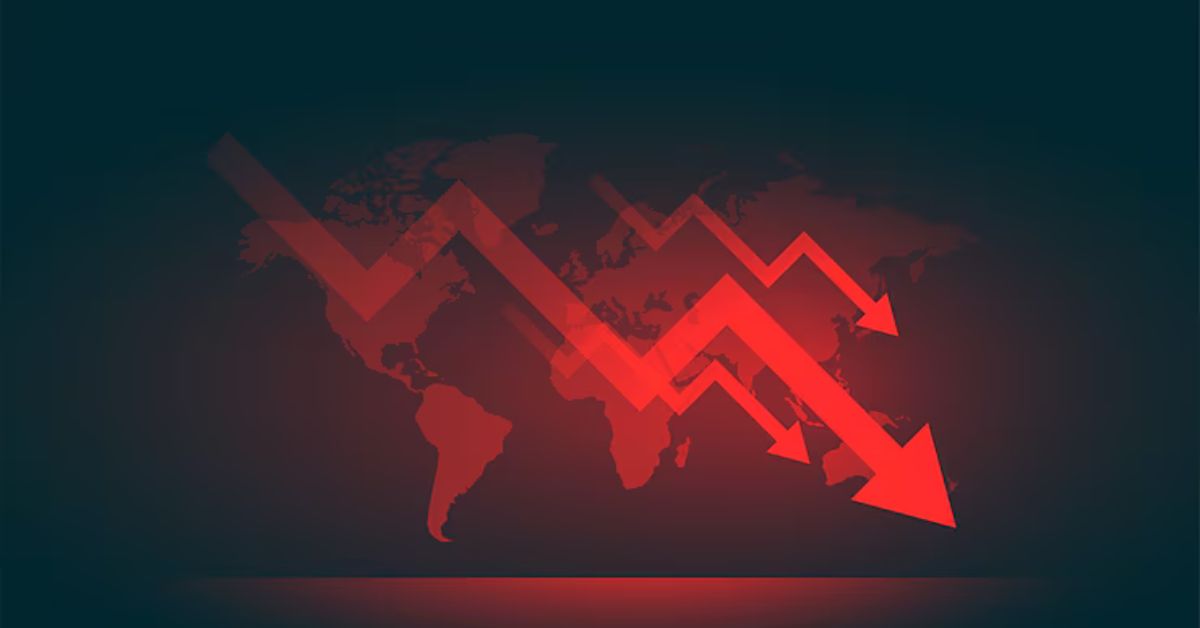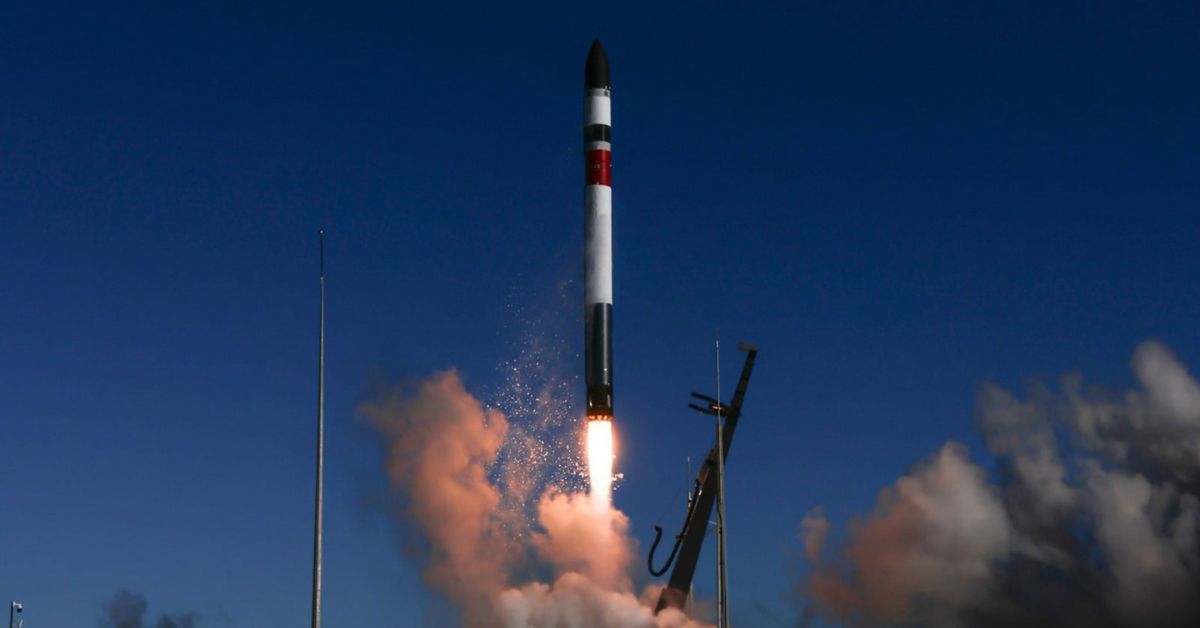Apple Inc., once the undisputed leader of Silicon Valley’s elite, has found itself in unfamiliar territory in 2025: trailing its Big Tech peers as the worst-performing stock among the “Magnificent Seven.”
The company’s shares have tumbled nearly 20% year-to-date, a stark contrast to the robust gains posted by rivals like Meta, Microsoft, and Amazon. This dramatic underperformance is the result of a confluence of strategic missteps, market headwinds, and shifting investor sentiment.
Apple’s woes began to intensify as iPhone sales, the company’s primary revenue engine, stagnated for a second consecutive year. The December 2024 quarter saw a modest 0.8% decline in iPhone sales year-on-year, followed by a tepid 1.9% rise in the March quarter. Consumers, less eager to upgrade their devices amid economic uncertainty, have contributed to this slowdown, undermining Apple’s growth narrative at a critical juncture.
The company’s challenges have been compounded by fierce competition in China, where local brands have rapidly gained ground. Apple’s market share in the world’s largest smartphone market has slipped, forcing the tech giant to implement aggressive price cuts to defend its position. This erosion of dominance in a key international market has rattled investors and raised questions about Apple’s global strategy.
Regulatory scrutiny has also intensified, particularly targeting Apple’s lucrative services business. Ongoing legal battles and antitrust investigations have cast a cloud over future revenue streams, adding to the uncertainty surrounding the company’s prospects.
Meanwhile, the much-anticipated rollout of “Apple Intelligence” and enhancements to Siri failed to impress at the 2025 Worldwide Developers Conference. Many industry observers described the updates as incremental, noting that several features were already available in competing products. The market’s disappointment was swift, with Apple’s shares dipping 1.5% immediately following the event.
Geopolitical tensions have further complicated Apple’s outlook. Criticism from President Donald Trump over the company’s global outsourcing practices, coupled with the threat of new tariffs, has heightened investor anxiety. Apple’s efforts to shift parts of its supply chain outside China have yet to fully insulate it from rising costs and trade uncertainties.
Despite these setbacks, Apple’s core ecosystem remains robust, and its brand loyalty is unmatched. However, in a year defined by rapid advances in artificial intelligence and fierce global competition, the company’s perceived innovation lag and mounting external pressures have made it 2025’s most notable Big Tech laggard.
As Apple navigates this challenging landscape, its ability to adapt and reignite growth will be closely watched by investors and the broader technology sector.




